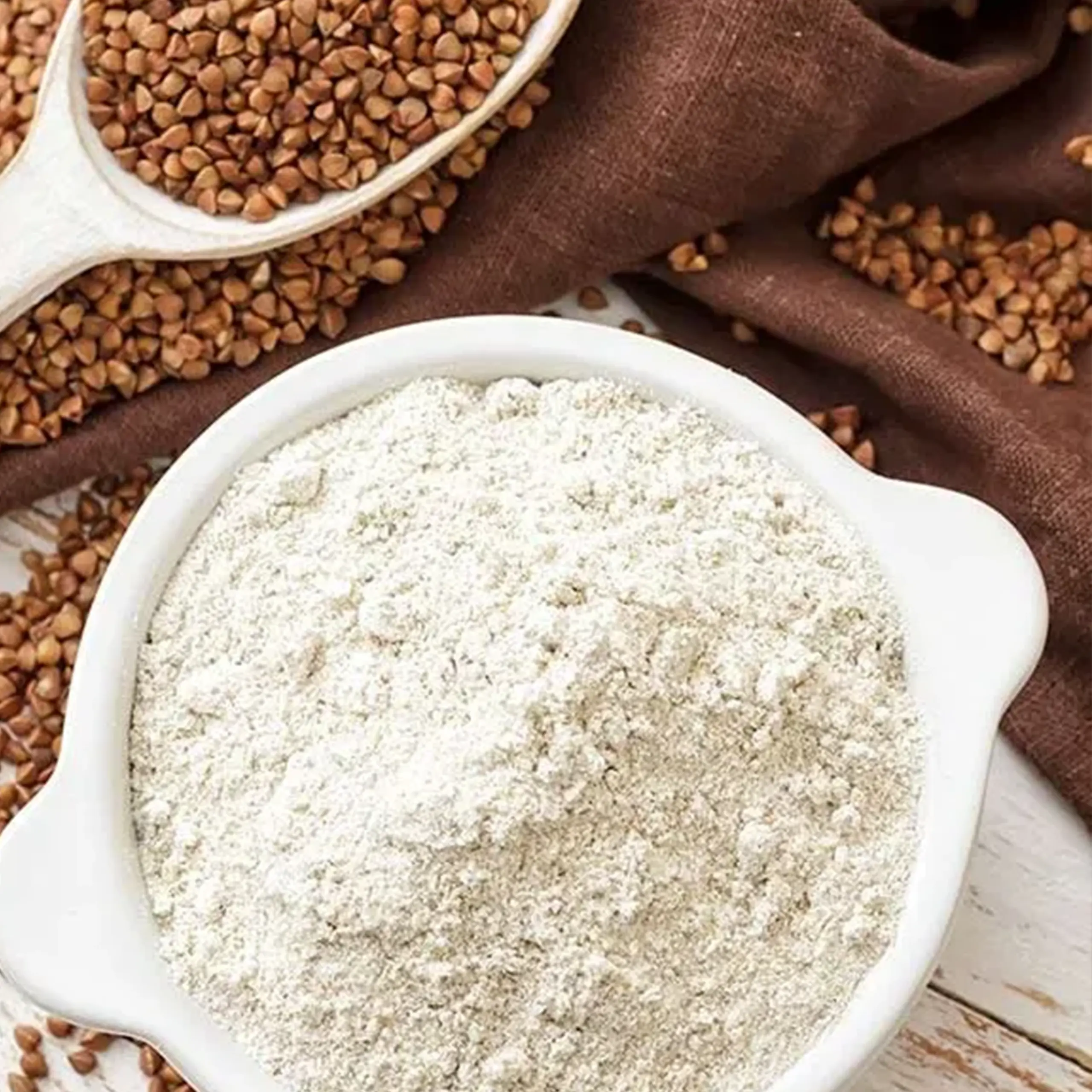
Blogs
Use of Shilajit in Winters
Shilajit, a natural substance found in the mountainous regions of Asia, particularly in the Himalayas,

Shilajit, a natural substance found in the mountainous regions of Asia, particularly in the Himalayas,

Buckwheat: A Nutritious and Versatile SeedBuckwheat, despite its name, is not a true grain. It’s

Buckwheat Flour: A Brief Overview Buckwheat flour is one of those hidden gems in the

The Joy of Dry Apricots: A Sweet and Healthy Delight Dry apricots are more than

The Link Between Nutrition and Health Nutrition plays a fundamental role in shaping our overall

Natural Sweeteners: An Appeal to Sugar-Conscious Consumers In recent years, there has been a significant

Food plays a vital role in cultural practices and traditions around the world, serving as

Benefits of Dry Fruits in Winter As winter approaches, many people seek ways to bolster